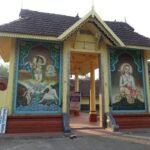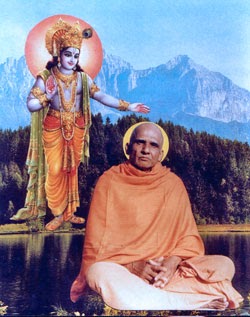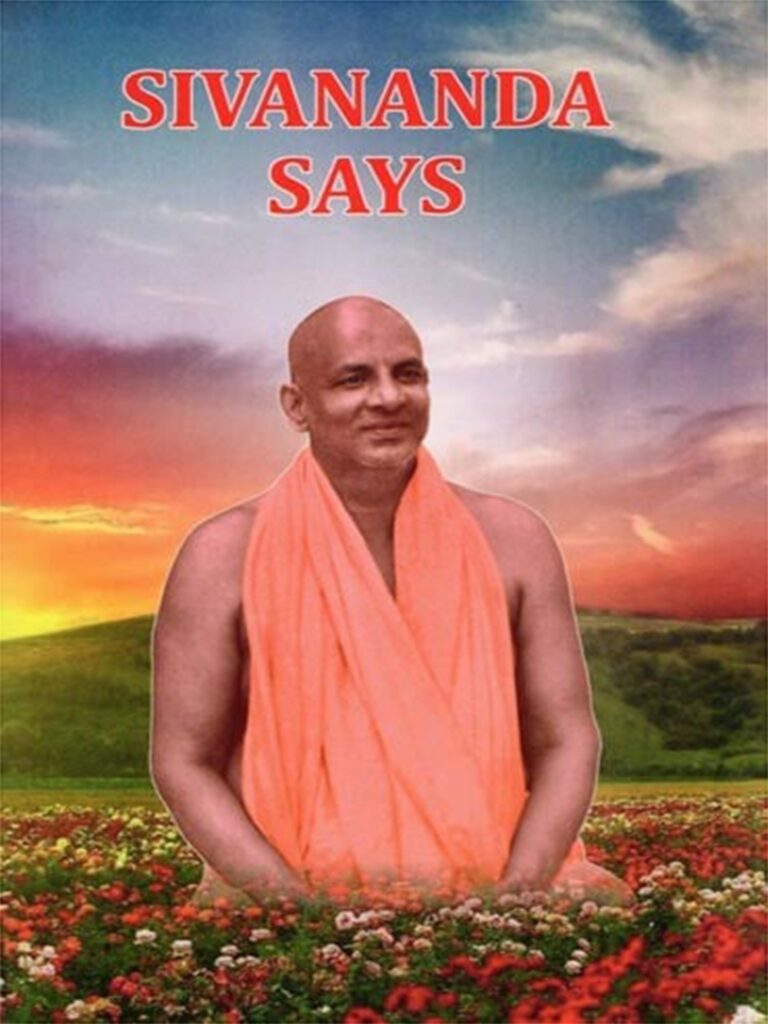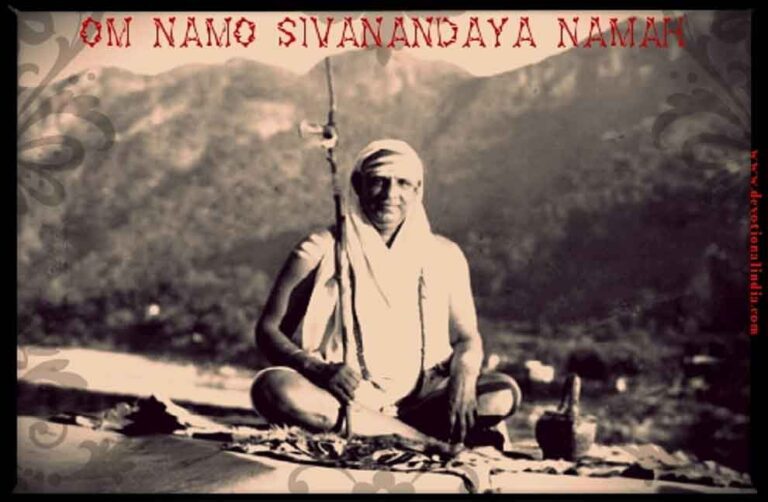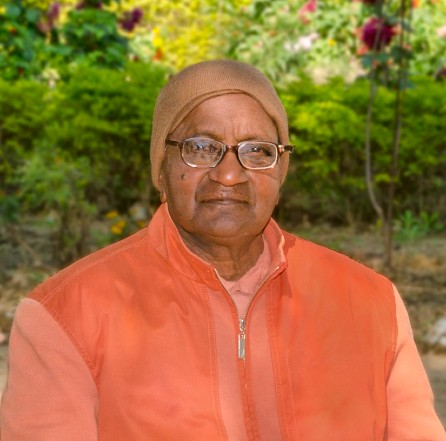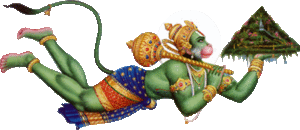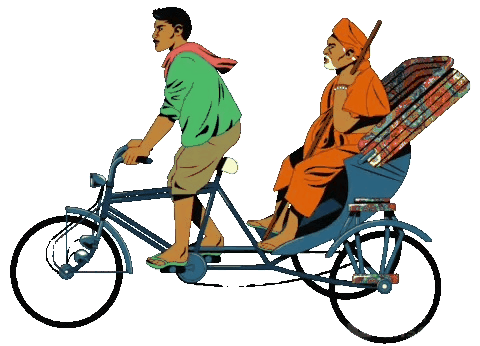Shravan Maas
Shravan Maas
Shravan Maas, also called Sawan, is the fifth month of the Hindu lunar calendar, usually falling in July–August. It is considered one of the most auspicious months in Hinduism, dedicated primarily to Lord Shiva. Devotees observe fasting, prayers, and special rituals during this month to seek blessings, spiritual growth, and fulfillment of wishes. The month is marked by devotion, austerity, and increased participation in temple visits, religious gatherings, and charitable acts.


Shravan Maas, also known as Sawan, is the fifth month of the Hindu lunar calendar, typically falling in July–August. It is considered one of the most auspicious months in Hinduism, dedicated primarily to Lord Shiva. Devotees observe fasting, prayers, and religious rituals throughout the month to seek blessings, spiritual growth, and fulfillment of wishes.






Rituals & Traditions of Shravan Maas

Shravan Maas is observed with devotion, fasting, and a variety of religious rituals that honor Lord Shiva and promote spiritual discipline. The key rituals include:
- Fasting (Vrat): Many devotees observe fasts on Mondays (Shravan Somvar), abstaining from certain foods and sometimes water, to seek the blessings of Lord Shiva. Some fasts are full-day, while others involve consuming fruits and milk only.
- Temple Visits & Abhishekam: Devotees visit Shiva temples to perform Abhishekam (ritual bathing of the Shiva Lingam) using milk, water, honey, ghee, and bel leaves, accompanied by chanting of Shiva mantras.
- Offering Prayers and Mantras: Devotional hymns, prayers, and Shiva Chalisa or Rudra Stotra are recited to honor Lord Shiva and express gratitude.
- Charity and Good Deeds: Acts of charity, such as feeding the poor, helping animals, or donating to temples, are encouraged to gain spiritual merit.
- Observing Purity: Many devotees maintain physical and spiritual cleanliness, avoiding alcohol, meat, and other impurities throughout the month.
- Celebrating Festivals within Shravan: Several smaller festivals occur during this month, like Nag Panchami, Raksha Bandhan, and Hartalika Teej, which are observed with prayers, rituals, and community gatherings.
The essence of Shravan Maas lies in devotion, self-discipline, and spiritual reflection, as it provides an opportunity for devotees to strengthen their faith, moral values, and connection with the divine.
Throughout the festival, participants observe strict purity rules, avoiding meat, alcohol, and sometimes even water during certain rituals. Community participation is significant, as families and neighbors gather on riverbanks, making Chhath Puja a collective celebration of devotion, discipline, and gratitude.
Spiritual Importance & Cultural Significance
Shravan Maas holds deep spiritual and cultural importance in Hindu tradition. Spiritually, it is regarded as a highly auspicious month dedicated to Lord Shiva, where devotees observe fasts, prayers, and rituals to seek his blessings for health, prosperity, longevity, and family welfare. The practices of fasting, reciting Shiva mantras, and performing Abhishekam symbolize self-discipline, purity, devotion, and spiritual growth. Observing this month is believed to cleanse the mind and soul, remove sins, and accumulate divine merit (punya).
Culturally, Shravan Maas strengthens family ties and community bonds, as people collectively participate in temple visits, religious gatherings, and festivals such as Nag Panchami, Raksha Bandhan, and Hartalika Teej. The month also promotes charity, respect for nature, and moral values, reflecting the integration of spirituality with social responsibility. Overall, Shravan Maas is a period of faith, devotion, discipline, and cultural celebration, emphasizing the importance of a balanced spiritual and social life


Food & Sweets & Modern Celebrations

During Shravan Maas, food and fasting play a significant role in the devotional practices. Many devotees observe fasts on Mondays (Shravan Somvar), consuming light vegetarian meals, fruits, milk, or water-only fasts depending on their level of observance. Popular foods during this month include kuttu (buckwheat) and singhare ka atta (water chestnut flour) dishes, sabudana khichdi, fruits, milk-based sweets, and lightly spiced vegetarian curries. Special emphasis is placed on purity and simplicity in cooking, avoiding onion, garlic, and non-vegetarian items.
Modern celebrations of Shravan Maas blend traditional devotion with contemporary practices. Devotees may visit temples, participate in community prayers, or share online greetings and spiritual content. Festivals within the month, like Nag Panchami, Raksha Bandhan, and Hartalika Teej, are celebrated with decorations, rangoli, cultural programs, and gift exchanges, making the month socially engaging as well as spiritually enriching. Today, Shravan Maas serves as a time for family bonding, charity, and community participation, while maintaining the core essence of faith, discipline, and devotion to Lord Shiva.




